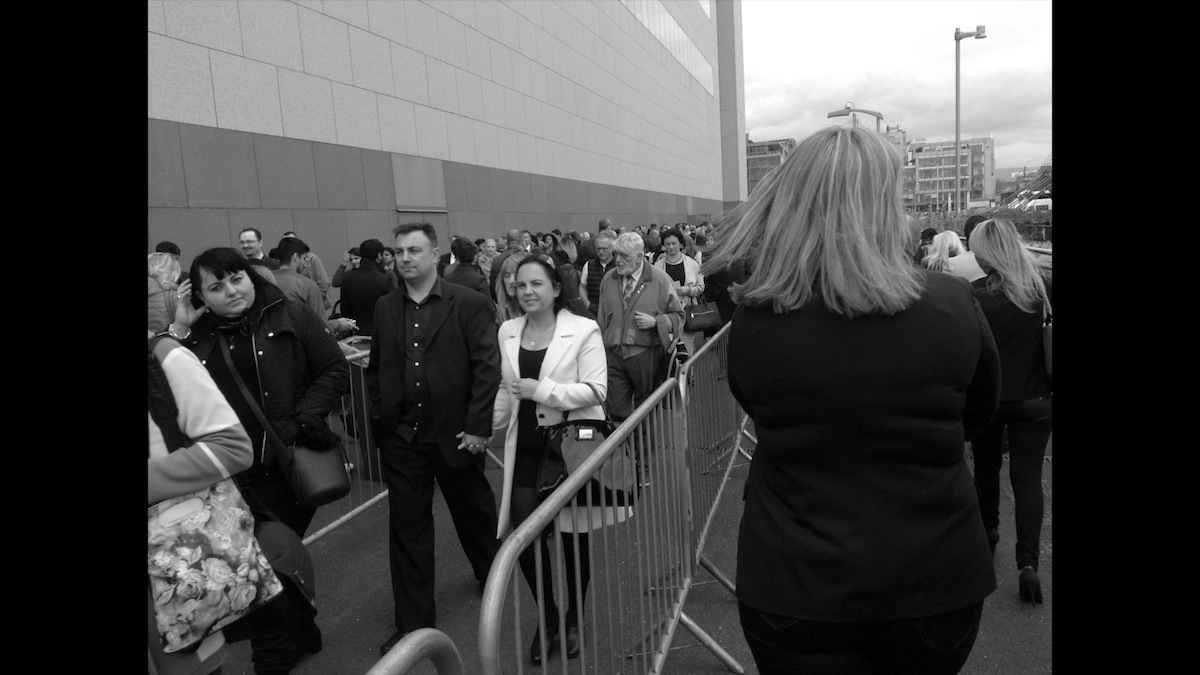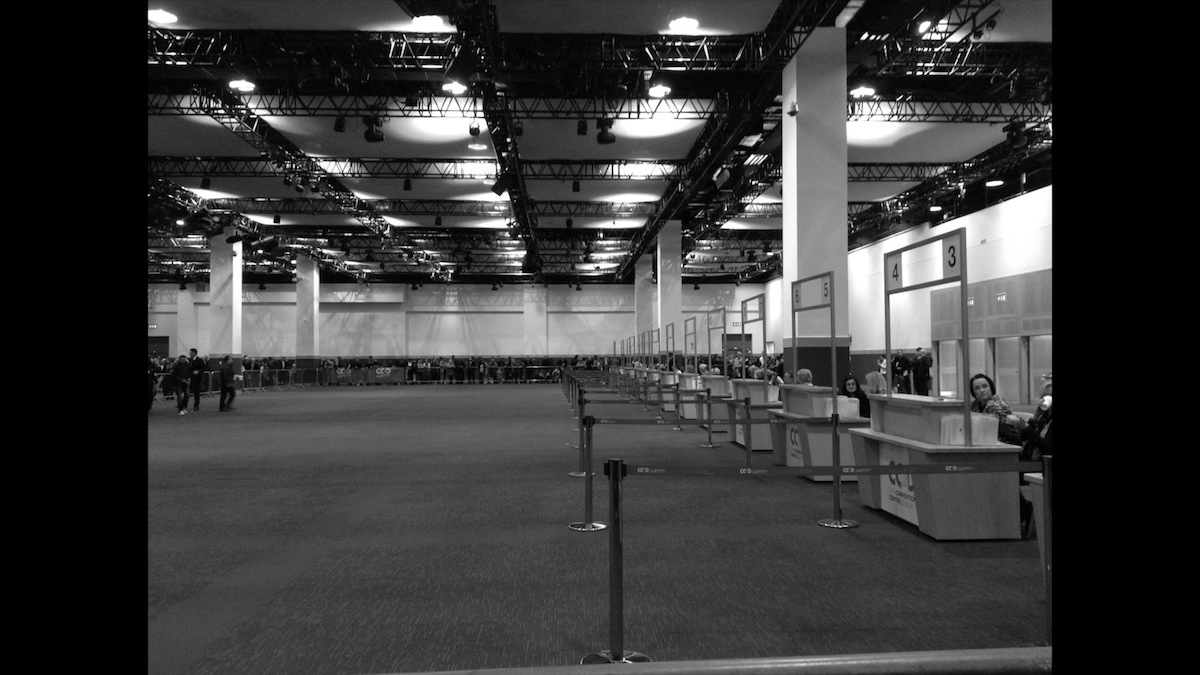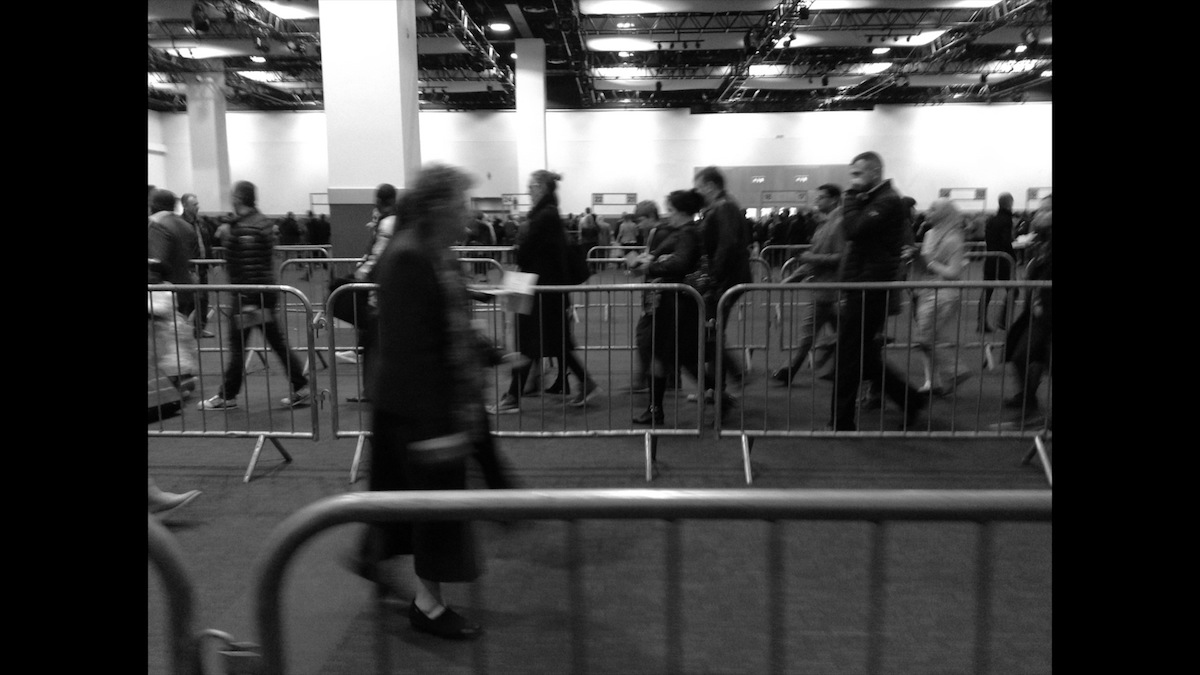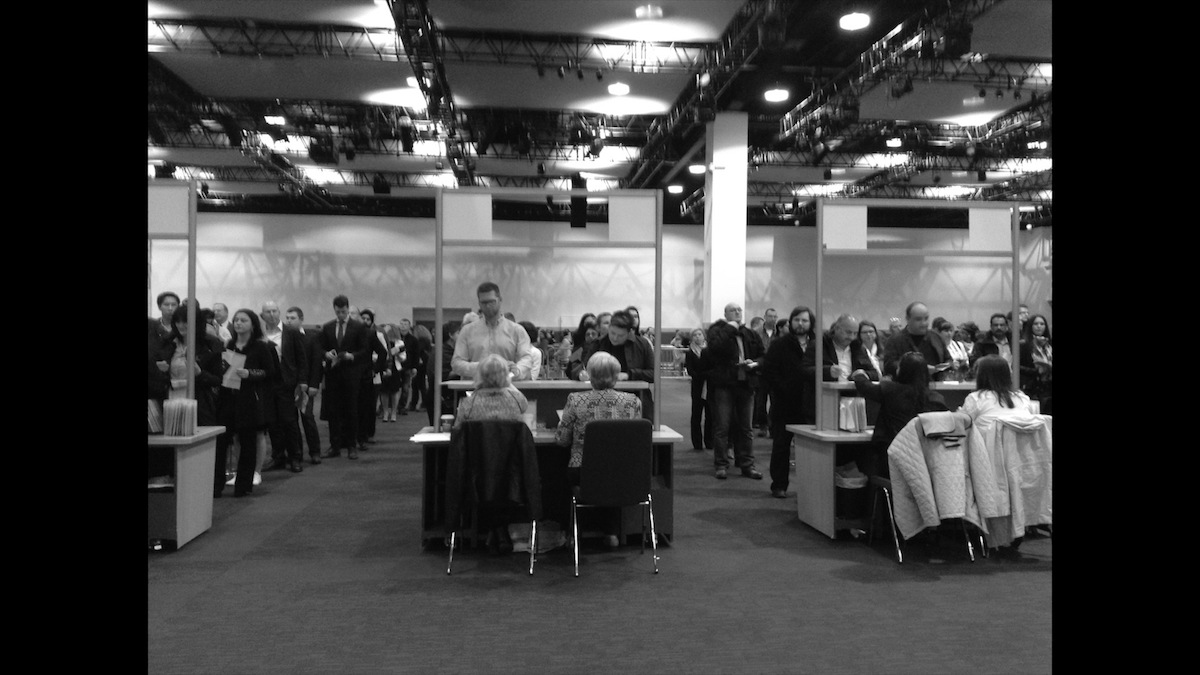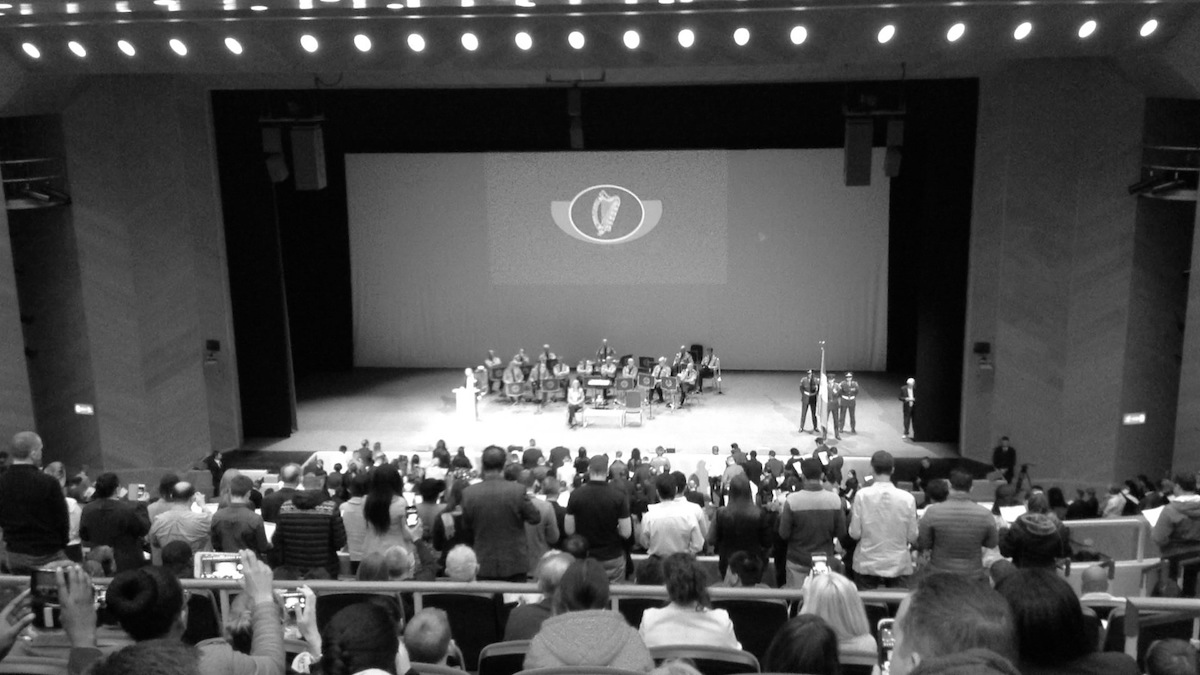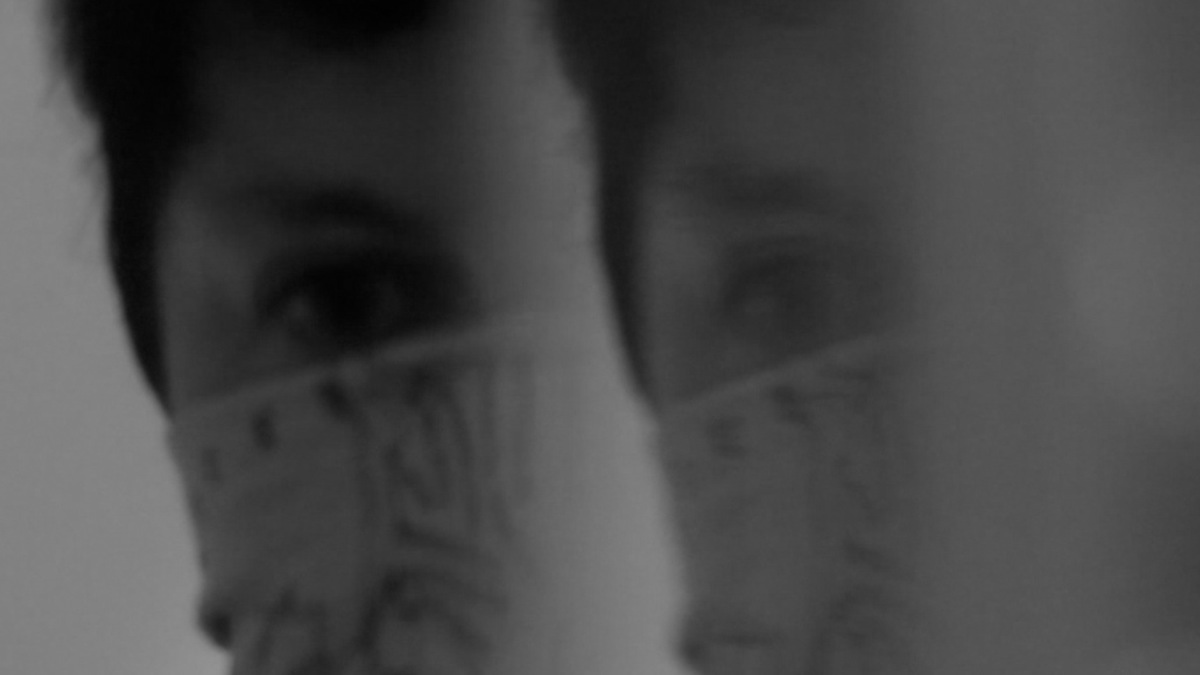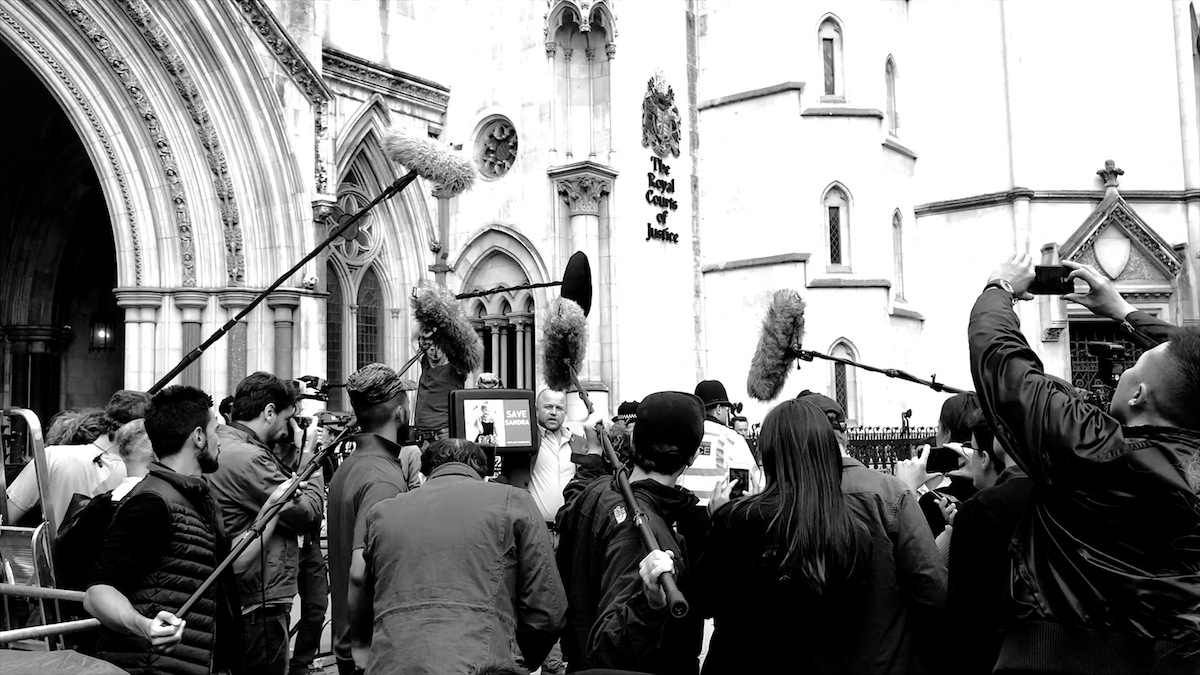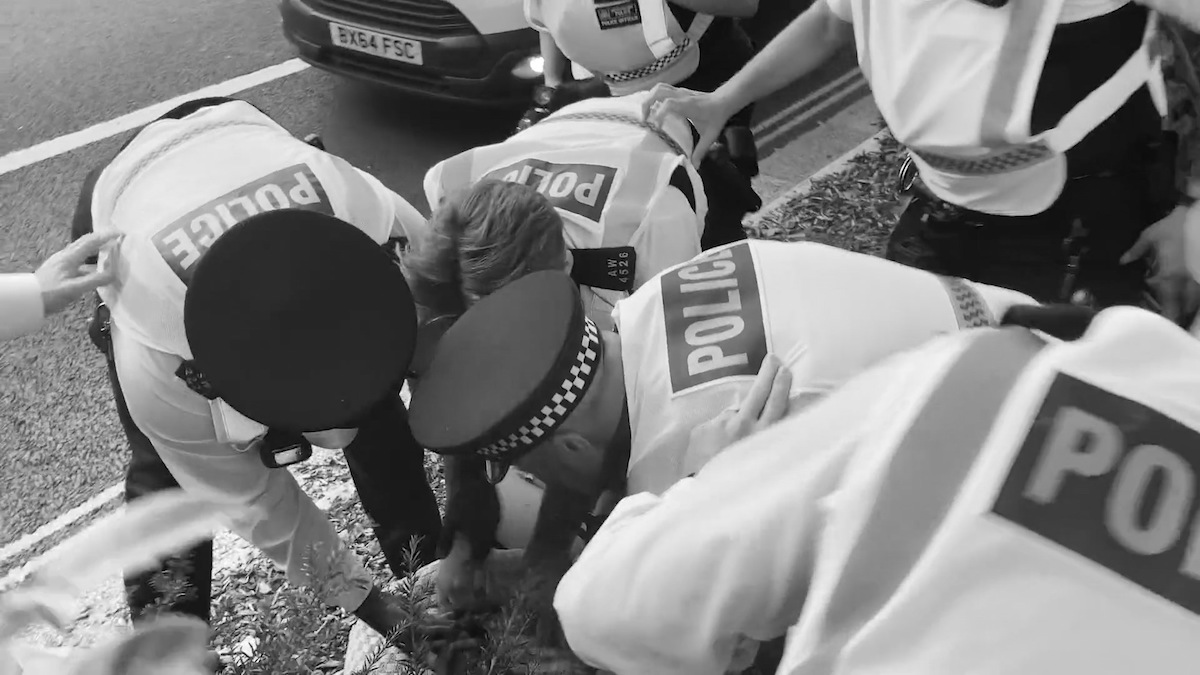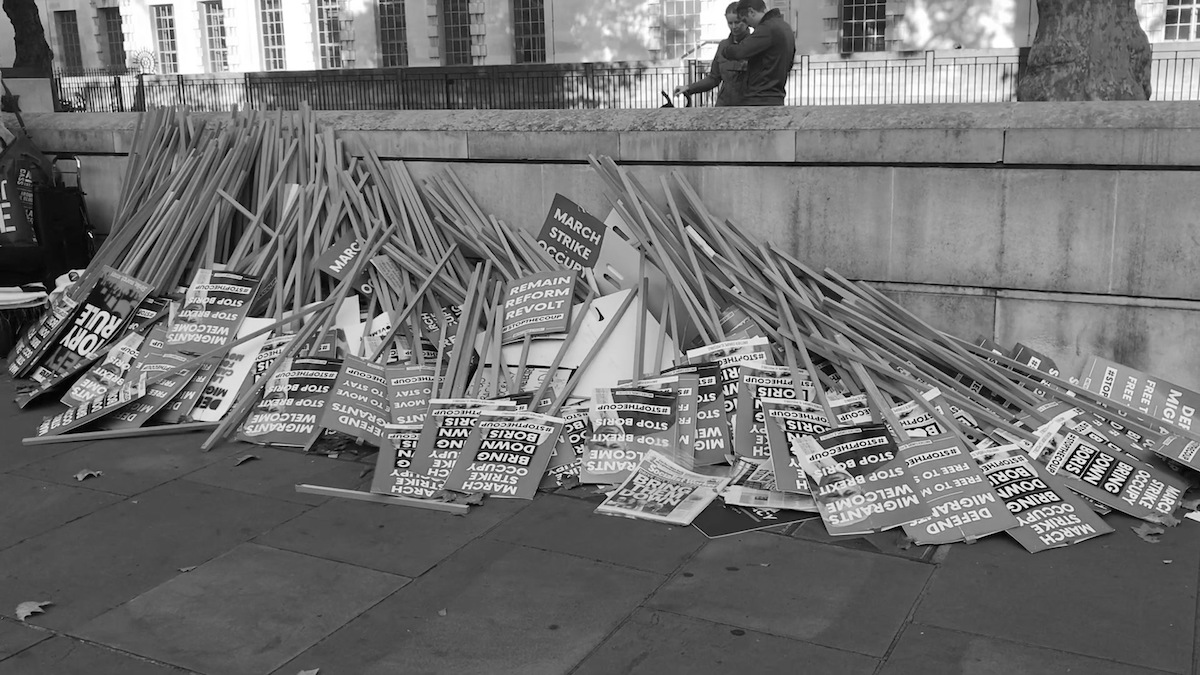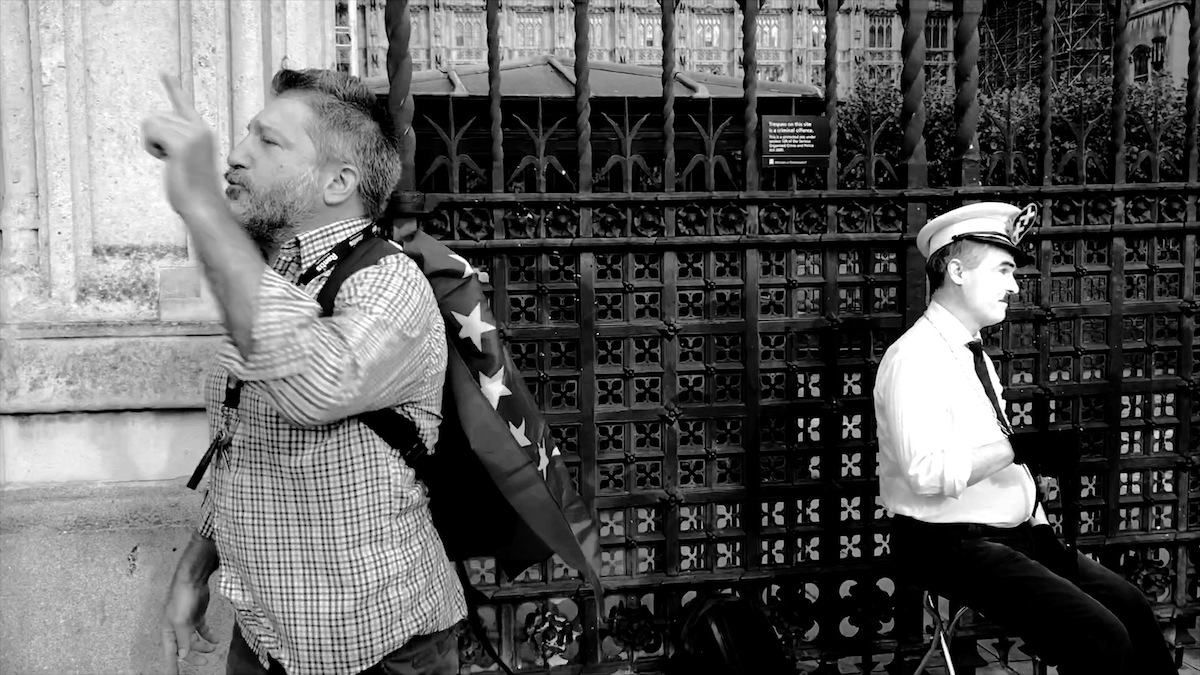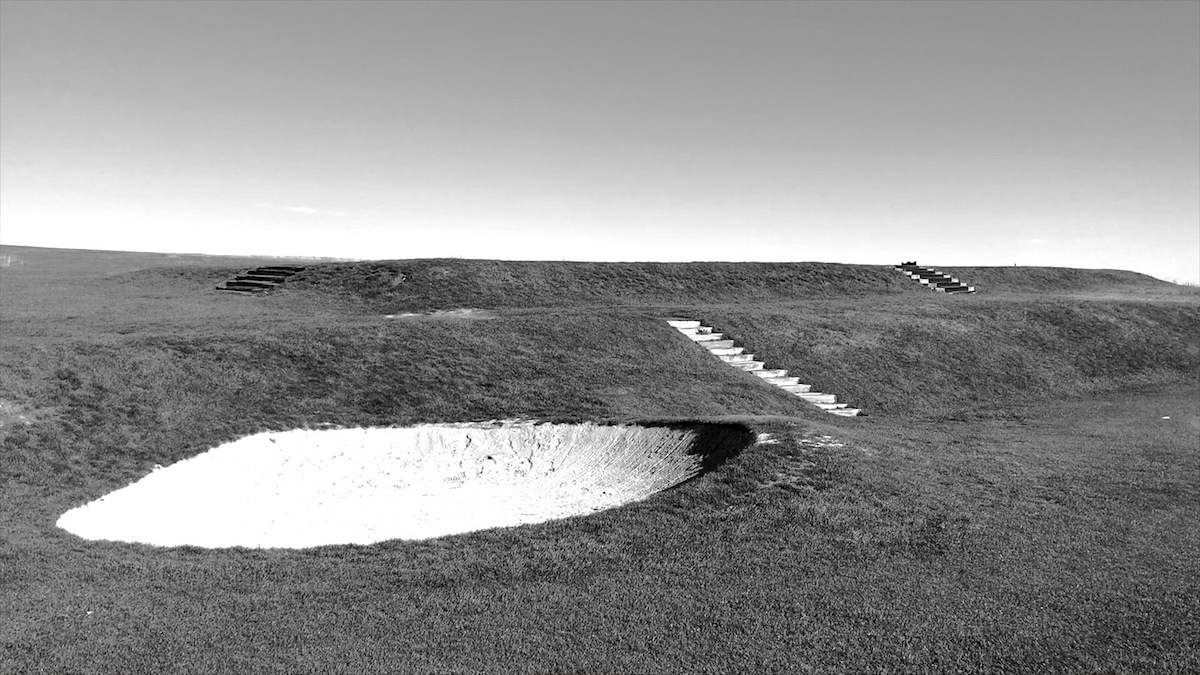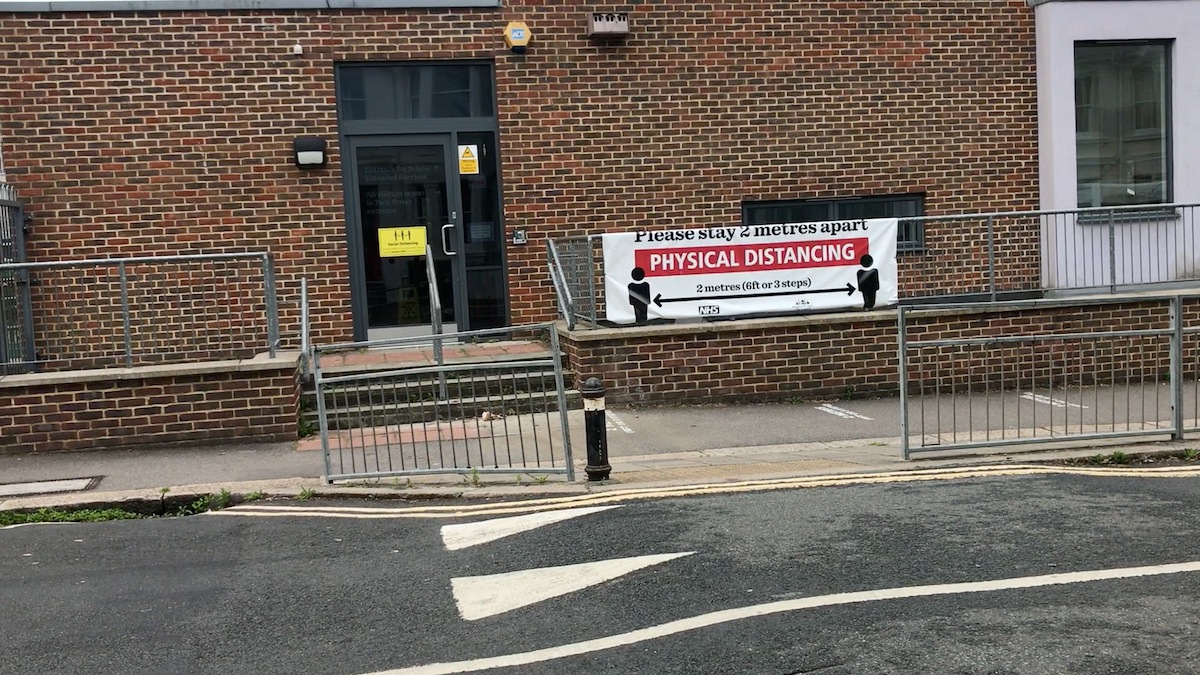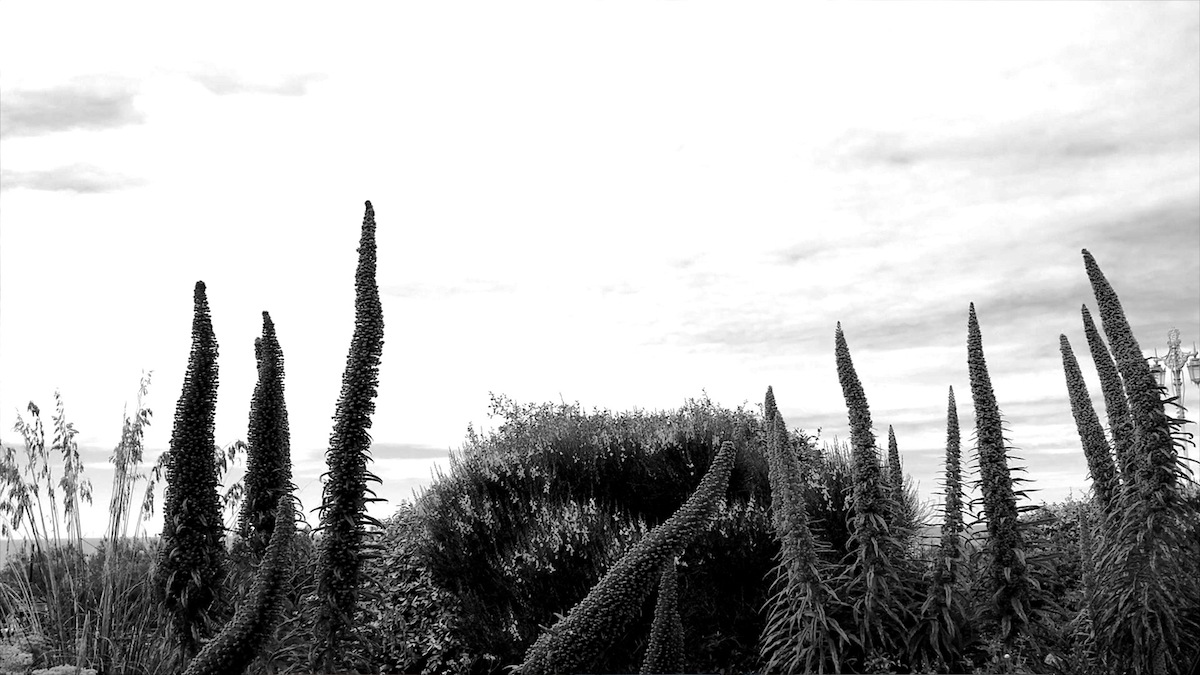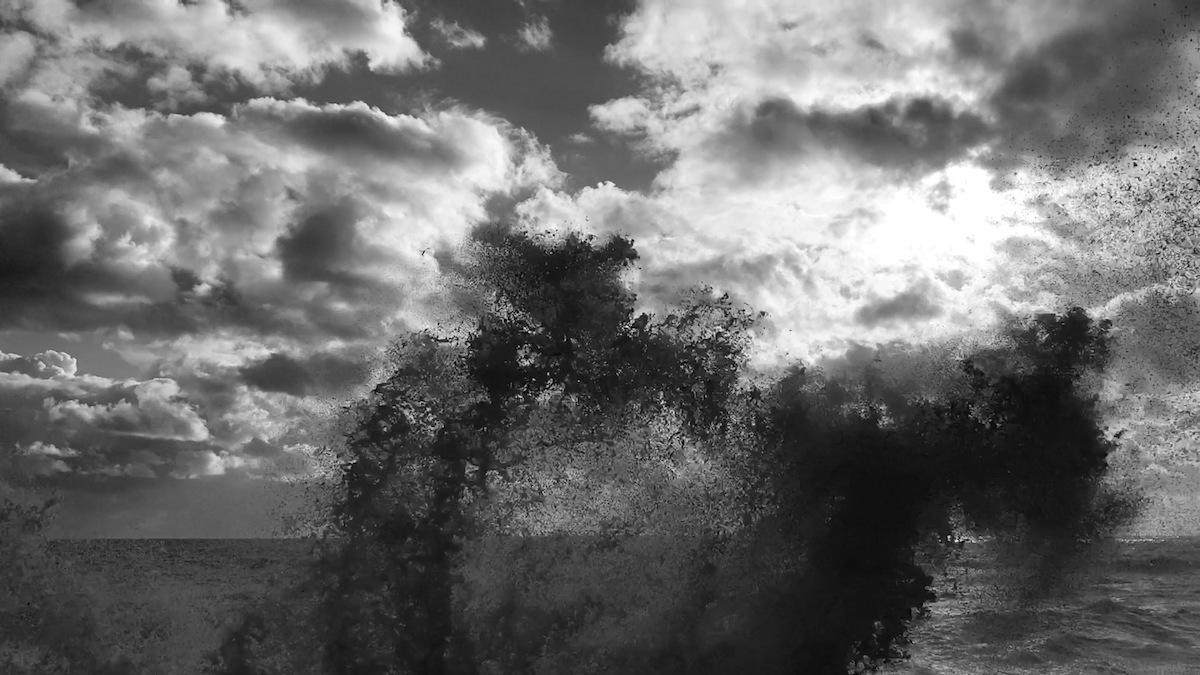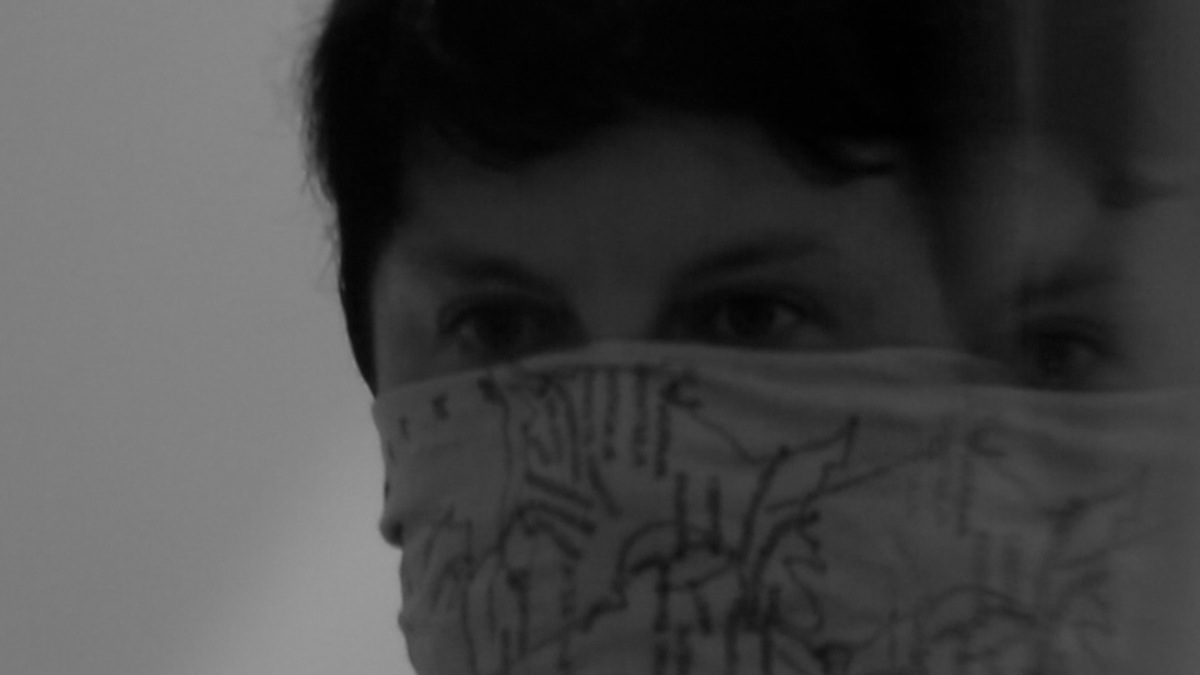CIRCA is delighted to host on its website The Cytokine Storms (2020, 38 mins), a film-essay by regular contributor Susan Thomson. Written and directed by Thomson, this lyrical essay film explores the colonial echoes of the UK government’s response to the Covid-19 pandemic. The film looks at colonial responses to the Irish and Indian famines, laissez-faire economics and indifference to marginalised lives, interweaving contemporary personal and geopolitical events. The film is accompanied by a newly commissioned essay where Thomson takes us through the genesis of the film.
This is the story of a woman who came into the domain of the winds.
Frances Marion, Dorothy Scarborough
The Wind (1928) dir. Victor Sjöström
We queue outside, hundreds of us, in snaking fast moving lines, and when inside, an hour later, we move towards registration desks, where we sign. We sign documents, independently, and are given a certificate and a small metal flag at the counter of the large warehouse-type entrance to the convention centre, as if we are boarding a plane, for this, and the queues and the people of many nationalities, resemble nothing so much as people at an airport at this point. If this is an airport, we are travelling, travelling to where, arriving, permanently at another destination. This is a journey of identities. Citizenship ceremony. The woman beside me, Middle Eastern, beautiful, aloof white suit, black hair, and after we have spoken the words with the judge on stage, in unison, chorus of voices where we all, from all corners of the globe, simultaneously all become one nationality, Irish, she begins crying.
I thought I might start at the end of the film. My new laptop recording us on its camera in the kitchen in Scotland, onto the large open window, behind which snow begins softly to fall, and you can hear the warning of snow storms to follow on the radio. My Mum, barely audible in the film, is saying “That’s lovely, that’s lovely” about what she sees on the screen, and I included it, to allow myself, maybe adolescently, to have her approval for this film, for the other images that precede it. Lovely. Cut from the shaken snow globe, an image of the blood my Mum received the day after Christmas in a transfusion, to bells tolling, only two months of life left to her, and ending with me, a self-portrait, twelve years ago.
A key scene, and one of the few in colour. A dream I had around the time I was finishing this film – I was back in that same kitchen of my family home and suddenly a diver banged into the window with a thud, before swimming off. A drowned world, that inaccessible childhood home, reminiscent too of The Swimming Diaries, an artist’s book I wrote at the time, a book of translations, where every word was equivalent to a swimming stroke swum during the month my Mum was dying, and through a Swimathon which was raising money for Marie Curie, a kind of symbolic attempt at saving. This film too is a diary, an autobiographical, personal text about living through a historical, political moment.
Posttraumatic. Fear of loss. And when the pandemic hit last year, and I saw the response of the British government, indifferent, and seemingly more interested in the economy, I finally understood on a more visceral level how something like the Irish Famine could ever have happened. How it was possible for a government, imperial or otherwise, to simply stand back, to passively allow mass death, mass suffering, and in part because of ideologies that privilege one race over another, or devalue certain lives. Economics above all else. Throughout this last year I have seen how loss has visited so many families unnecessarily. And so my own anger at the delay which the UK government has engaged in time and time again in the Covid-19 pandemic, provided the impetus both for the film and the joining of an online group of journalists, activists and lawyers to try and see if there were any legal solutions. While the rapid vaccinations by the NHS may yet lead the UK government to paint this as a success story, what has gone before should not be forgotten, the more than 100,000 dead.
“Island beyond an island, like a piece of real estate they own” is a quote in my voice-over text from an open letter by Roger Casement, signed Shan Van Vocht, Mother Ireland. Echoing Casement, about whom I have recently completed a novel, I too have become increasingly disillusioned with Britain, especially since the Brexit vote, and with British colonial history. The more I discover in the course of years-long research, the more the scales fall from my eyes too. Unlike Casement my journey began in Scotland, a hybrid place more coloniser than colonised. Like Casement, my intellectual journey began also with Ireland, taking part in the Troubling Ireland Think Tank with Kuratorisk Aktion, and Fire Station Artists’ Studios, actively looking at Ireland from a feminist and postcolonial perspective, then venturing out, to the postcolonialism of elsewhere. I became fascinated by the different time zones of colonialism, that the past could exist in the present, almost psychoanalytically. This is particularly true in the 34 countries (45 countries when I began the project in 2011) which currently use British colonial laws to criminalise LGBTQ+ people, and my Ghost Empire (2013-21) film trilogy explores constitutional and other legal challenges to these laws in Singapore, Northern Cyprus and Belize. These colonial laws are primarily derived from the Indian Penal code of 1860, criminalizing ‘carnal intercourse against the order of Nature’, and were subsequently exported around the world.
I wish that these same scales would fall from the British population’s eyes and more especially the government’s, to allow a move forward with a more integrated truth about the past. Bodies, dehumanised, considered dispensable, bodies to be controlled or exploited: The Mau Mau detention camps in Kenya; slavery; the widespread export of homophobia in the shape of colonial laws; the colonial sedition laws used to target bloggers in Kenya and Singapore; the British colonial emergency laws still used in the West Bank to justify censorship and repossession of Palestinian houses; the first use of Agent Orange in Malaya, prior to Vietnam; nuclear testing in the Pacific; the original genocides in the Americas; nationalisms – militaristic or religious, born of colonialism. The past exists in the present.
Why though talk of ancient and artificial famines in Ireland and India when we could speak of current British complicity in the famine in Yemen, the arming of the Saudis, along with the selling of arms to so many other regimes? The 250,000 dead from preventable causes in Yemen, the 10 million at risk of famine. The training of pilots by the British and 15 billion pounds of UK arms sales during the course of the war. Or the free school meals Marcus Rashford successfully campaigned for, because a British government is seemingly indifferent to the hunger of its own child-citizens? Hannah Arendt speaks of the boomerang effect, whereby colonies are used as laboratories for techniques that are then brought back to the metropole. Is it a coincidence that one of the slurs used against so many colonised peoples, including against the Irish people by the Whigs at the time of the Famine, that of idleness, is the very thing the authors, many in the current Cabinet, accuse the British people of in their book exhorting free market economics, Britannia Unchained. These colonial ghosts populate the body politic, in the guise of the neo-colonial wars, Afghanistan, Iraq, in the capitalism that expands and continues the exploitation of resources begun in colonialisms, in the laissez-faire economics which turns into neoliberalism, in the laws that still stand like colonial architecture, in the attitudes, the statues, beginning to topple.
We all become colonised others
I began informing myself more about the Irish Famine, a story I thought I knew, but which, the more I delved into, the more horrific I found. And as with the Covid-19 ciris, other countries also suffered the blight but dealt with the situation differently, resulting in much lower death tolls. In all the many famines which occurred under British colonial rule, especially the multiple famines in India, I found only one example of someone in a senior position (other than Robert Peel) who had tried actively to prevent famine – Sir Richard Temple, who had proactively saved lives, responding quickly by importing food and enacting welfare programmes to assist the poor to purchase food. As a result, almost noone died in Bihar in India in 1873-74, but he was severely criticised for spending too much money and the policy changed, resulting again in mass deaths. Living through this pandemic has allowed an insight into historical eras that one would never before have been able to comprehend on an emotional level.
The brief for The Cytokine Storms was for a film it would be possible to make during lockdown, so I turned to my hard drives, an archive though I had never before considered them as such, of material filmed for various reasons. There is the history of 2015-2020 in Ireland and Britain, a particularly volatile moment in both places, a time of enormous social change in Ireland, with Repeal the 8th and Equal marriage, but also water protests, and marches for migrant rights which I captured on camera. And in the UK, a different kind of volatility, around Brexit and the EU, polarised marches, the prorogation of Parliament, and then some recent footage by XR, of climate marches in London, protests against HS2. Sometimes I had filmed these demonstrations because I felt strongly and wanted to post images to social media, other times simply because I was trying out a camera or practising, rehearsing. I never thought I was making a film, not consciously anyway, though perhaps my unconscious was collecting all this Irish and British recent history for a reason – to finally come home after making these postcolonial films about Singapore, Northern Cyprus, Belize. The voiceover and the historicising black and white images, both lyricising and alienating, otherworldly, tell of history lived through, two simultaneous separate social revolutions, in nearly opposite directions. These black and white protests, a non-chronological mass of bodies, are juxtaposed against the stillness, and sometimes colour images, of lockdown, to reinforce notions of space. I began thinking about the expansion and contraction of space, of space and #MeToo, of who is allowed to take over land or space. Or that the length of a human body is the distance we are supposed to keep apart; ghosts between us. Or the space of animals reduced, increasingly forced into human space, a cause of pandemics. Was there a deeper self that had helpfully organised and planned the attending of demos and filming of scenes, a deep Director if you like, dreaming up a film in my unconscious while I remained oblivious?
It has been said that the Covid-19 and Brexit storylines have well and truly converged now, with the new variants, vaccines and border closures and delays making it difficult to attribute to one or the other. My own personal narrative intertwines with the geopolitical one – after all the personal is always political, as the 70s feminist saying goes – in my own adoption of Irish citizenship a few years ago, becoming a dual Irish/British citizen after nearly two decades living in Ireland, spurred on by the fear of a vote for Brexit, and its inevitable losses. As well as inhabiting history in a personal way, it has also made me reflect more on nationalism and national identity, relating it back to queerness, a feeling of belonging nowhere or in two places. For me it also signified transcending binaries, acquiring identities and historical memories, moving away from blood, the bio, nativism, land, as signifiers of identity, and into the theatre of a hybrid identity – something which could equally be about gender or sexuality too. I think of the LGBTQ+ groups from Northern Cyprus and the Republic of Cyprus when I was filming Ghost Empire § Cyprus (2014) who were only able to meet in no man’s land, in the UN Buffer Zone, in part due to nationalist discourses and borders. While I recognise my own privilege of being able to acquire citizenship, even additional citizenship, I was also able to see during the citizenship ceremony, the impact on those who had travelled further to reach this destination, and unusually, to be together on our journeys.
The mask. As in traditional rituals where the wearing of say an animal mask allows the actor to adopt some of the characteristics of the particular animal, the wearing of a mask featuring a map of the UK and Ireland, allowed me to inhabit the contradictions and histories of these places. Kitsch, a nod to video art or early feminist film, Barbara Hammer with a hint of Cocteau, as I’m doubled in the mirror, a contemporary allegorical character from the underworld, with a direct line to Hades. A map-bearer showing the way. Or one of those coordinate figures on ancient maps, gods of the winds. Contested maps. The chance find of the superior microfibres in a tea towel, featuring a map, that constituted one of my first improvised masks, ended up on camera, historical mouth, gagged in censorship, protected, ritualised.
The storms. Storms of the body politic, emotional, and literal, storms related to climate change. As a medical term, a Cytokine Storm is the body’s immune system overreacting, releasing too many of its cytokines into the blood, and thereby in fact attacking the body instead, sometimes with fatal consequences. Cytokine Storms have occurred in many of the deaths due to Covid-19. There are theories that Long Covid is also related to Cytokine Storms, the body still fighting the virus long after it has left, fighting a phantom. Like something from science fiction, an otherwise healthy body, attacking itself.
In the same way, history continues in the present long after the particular events have passed. The demonstrations can be seen as the body politic’s immune system attempting to fight or heal. Metafiction, the visual presence of camera crews, here represents shock – this cannot be real, it must be a fiction – and the police (and sometimes actors playing police) are numerous, a multiplicity of superegos or another part of the body politic’s immune system, sometimes attacking that body. These uniformed figures recall my first film, Fire Practice Theatre (2009), a Brechtian inspired, dual screen film, where firefighters and actors playing firefighters, perform on a practice tower, an elemental theatre. The dream-like, hypnotic or somnambulant aspects of both films, The Cytokine Storms (2020) with drone music by Billy Kenrick, a post-traumatic memory, a repeated attempt to save, desire too, and the body. A recurrent dream.
I would like, as was suggested to me when I mentioned recently my beginnings in live art, to perform The Cytokine Storms live, with visuals of the film like early silent cinema, and to a live score. At an activist fringe event for the Festival of Brexit in 2022, in a post-Covid world, maybe. A waking dream of the future.
Ophelia’s blue eye, empty socketed, grazes the West coast, skates across it. There’s a red warning till one in the morning. Her eye is in the North now, in the North Western corner of Ireland, blue, whirlpool, moving North. The red on the map is getting less red, more yellow. London turned sepia, from desert dust blown in, as if the whole thing were an old movie. While Londoners admire their red sun and scientists discover that two dead stars a billion and a half years ago collided and made gold and platinum and sent their sounds to us today, while wild fires stalk Iberia, we are in the grip of Ophelia. A West wind, a South wind, a North wind is coming. An East wind, arriving.
